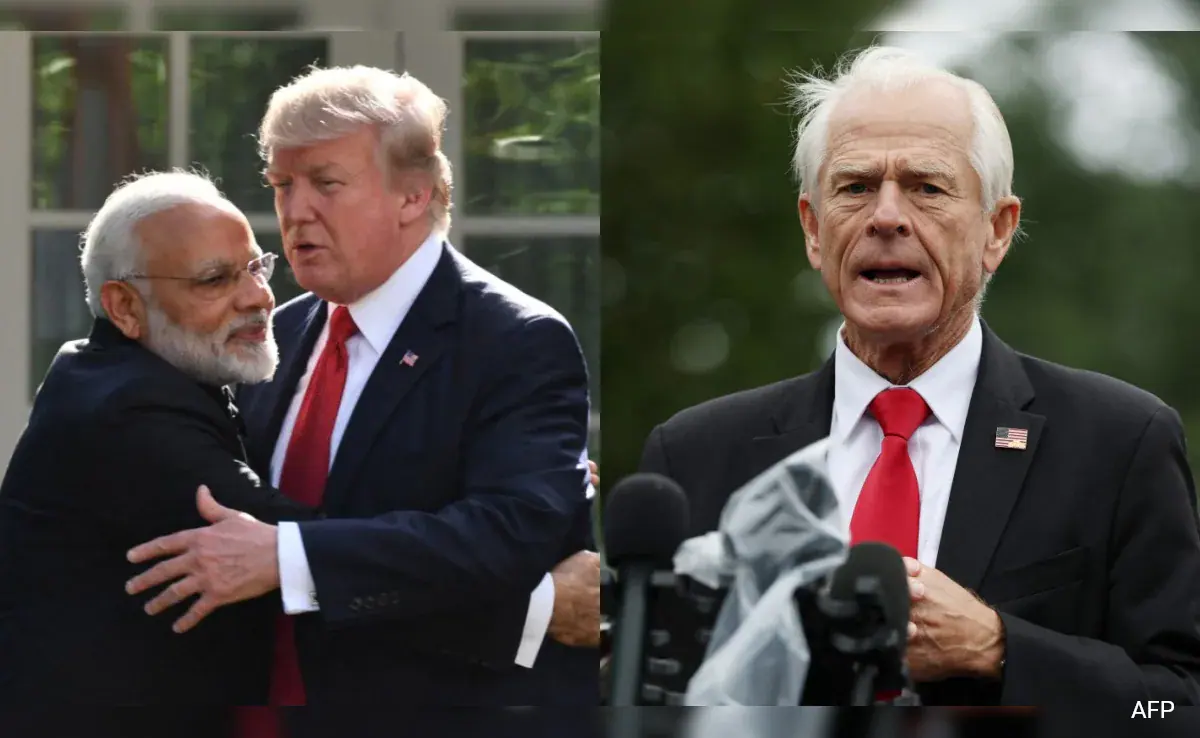Now Reading: Former Trump Aide Navarro’s Poll Backfires as He Turns Focus on India
-
01
Former Trump Aide Navarro’s Poll Backfires as He Turns Focus on India
Former Trump Aide Navarro’s Poll Backfires as He Turns Focus on India

Peter Navarro, former trade adviser to Donald Trump, has once again drawn attention with his controversial remarks and online activity. A recent poll he ran on social media platform X fell flat, triggering criticism and mockery. Even as his domestic political influence appears limited, Navarro has revived his long-standing stance on India, bringing the country into conversations about global trade and policy.
Navarro’s poll, intended to rally support for Trump-era ideas, received far fewer responses than expected. Instead of strengthening his narrative, it exposed a lack of traction among users, many of whom dismissed it as irrelevant. For a figure who once shaped U.S. trade policy, the poor response was a reminder of his reduced visibility in mainstream politics.
What stood out, however, was Navarro’s renewed focus on India. Known for his hardline trade positions, he again pointed to India’s role in the global economic framework. His comments reflect the same mix of criticism and caution that defined his approach during his time in office, where India was often seen both as a partner and a competitor in U.S. trade discussions.
For Indian observers, such remarks may not come as a surprise. Navarro has consistently argued for tougher policies on countries he believes hold trade advantages over the U.S. By bringing India back into the debate, he highlights how New Delhi’s growing global presence is drawing attention—even when the discussion begins with American domestic politics.
In Tier-2 cities across India, where global politics often feels distant, Navarro’s words may not immediately resonate. Yet, their impact could be felt in the longer run if U.S. policy directions are influenced by voices like his. Trade agreements, tariffs and economic relations eventually shape everything from job opportunities to consumer prices, making such conversations relevant far beyond Washington.
Navarro’s failed poll might seem like a small event, but his continued references to India underline a larger reality. As India rises in global importance, it is likely to remain a talking point in American politics—sometimes positively, sometimes critically. For now, his remarks serve as a reminder that India’s role in shaping the global economy cannot be ignored, even by those struggling to stay politically relevant.

























